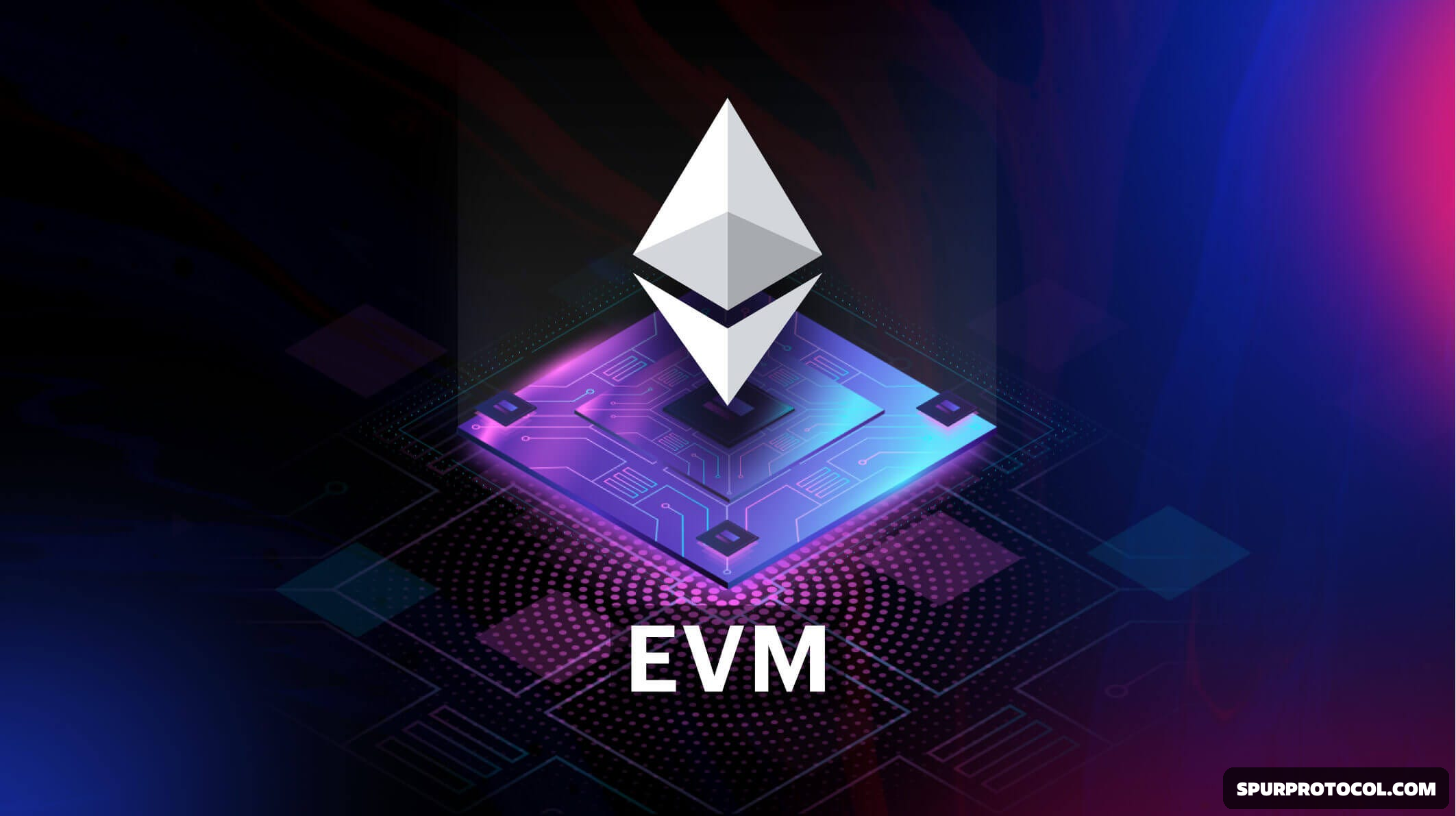What Is EVM Opcode And Its Role In Smart Contract Execution?
An EVM Opcode (Operation Code) is the single, lowest-level, non-negotiable instruction recognized and executed by the Ethereum Virtual Machine (EVM). Opcodes form the compiled bytecode of all smart contracts, defining every single computational step and state change that occurs on the Ethereum network.
Go Back

🕒 2:07 PM
📅 Nov 05, 2025
✍️ By Nathanael707
Defining the EVM OpcodeThe EVM is the virtual computer that runs all smart contracts. All high-level smart contract languages (like Solidity) must be compiled down into a sequence of Opcodes (e.g., ADD, PUSH, SSTORE).
Instruction Set: The finite collection of all basic operations the EVM can perform.
Bytecode: The compiled smart contract code is a string of Opcodes.
Gas Consumption: Every Opcode has a specific, fixed Gas Cost, which determines the execution fee for the transaction.
Role in Deterministic Execution
Opcodes ensure that smart contract execution is perfectly deterministic—the same input will always produce the same output on every node.
Execution Environment: The EVM reads the Opcodes one by one and executes the required state transition.
State Change: Opcodes are responsible for every action, from simple arithmetic to complex storage manipulation.
